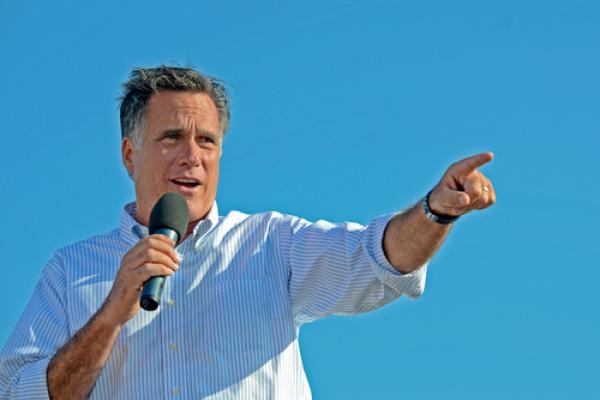Mitt Romney says in a new interview that one of the reasons he’s distressed about disclosing his tax returns is that everyone sees how much money he and his wife, Ann, have donated to his Mormon church, and that’s a number he wants to keep private.
“Our church doesn’t publish how much people have given,” Romney tells Parade magazine in an edition due out on Aug. 26. “This is done entirely privately. One of the downsides of releasing one’s financial information is that this is now all public, but we had never intended our contributions to be known. It’s a very personal thing between ourselves and our commitment to our God and to our church.”
Romney has released his 2010 tax returns in his White House campaign and, so far, a summary of last year’s tax information. But despite pressure from Republican opponents in the primaries and President Obama’s re-election campaign, Romney has refused to disclose more.
While it may not be a major reason, Romney says disclosing his charitable donations isn’t something he wants to do.
Read the Full Article

